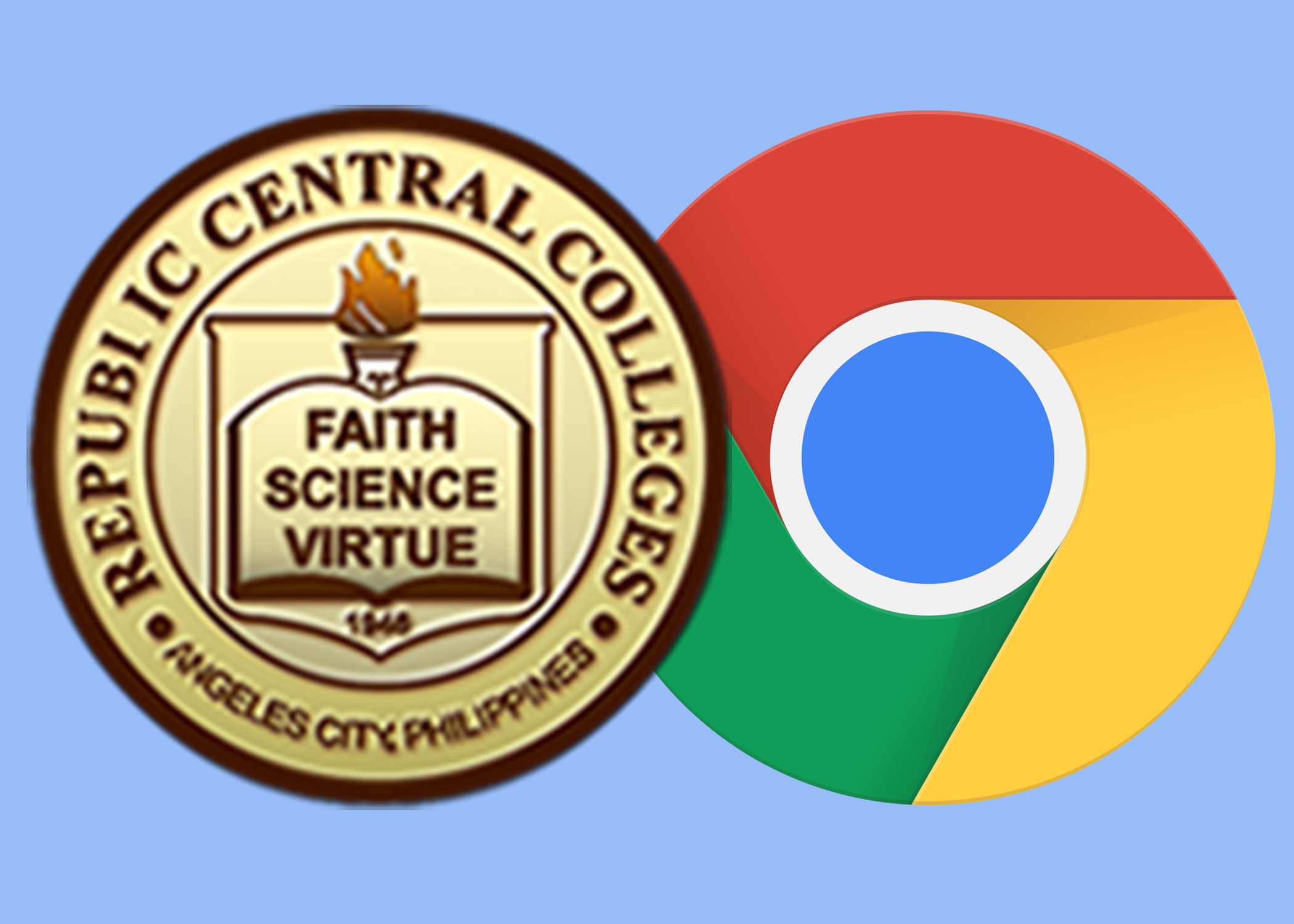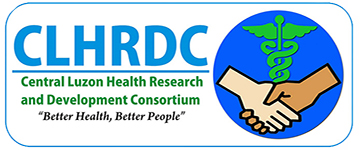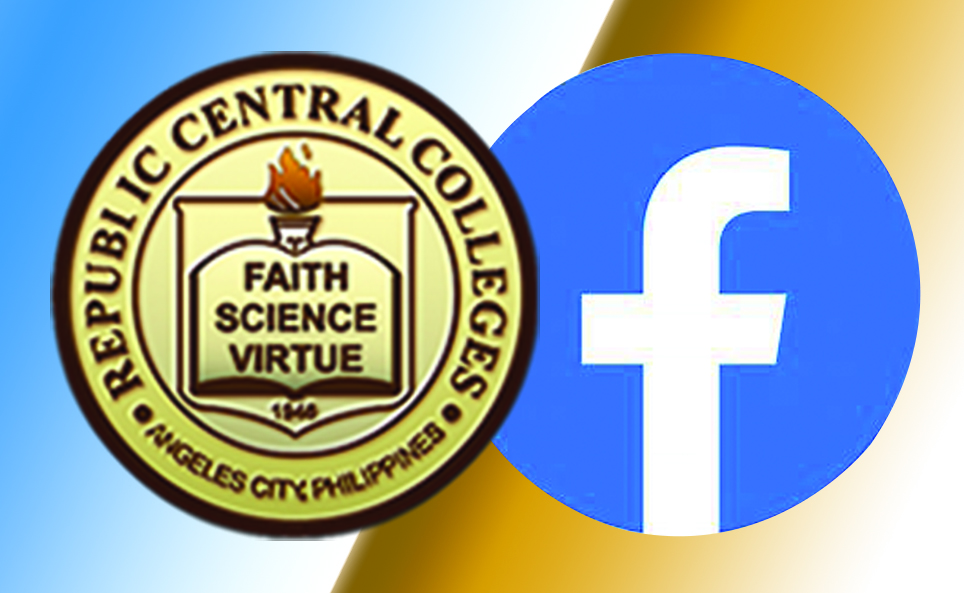





COLLEGE OF ARTS, SCIENCES AND EDUCATION
Angeles City
Brief History
The College of Education of Republic Central Colleges has its humble beginning in the School Year 1947-1948 which during that time was on its third year of operation as Republic Academy. With its Junior Normal Course as first offering, the College had an initial enrollment of 26 students, who as graduates after two years, earned an Elementary Teacher's Certificate (ETC). The certificates qualified the graduates to teach in the elementary schools.
The two-year course was well-received by the community as proven by the increase in enrollment. Thus, in School Year 1949-1950, the Bachelor of Science in Education (BSE) Inverted Course, a four-year teacher training course was offered with 67 students enrolled. Graduates of the BSE Inverted Course neither have major subjects nor field of concentration, but could teach in Elementary and High Schools.
However, to prepare teachers for the Elementary schools, the curriculum for the Bachelor of Science in Elementary Education (BSEED) with no field of concentration was implemented; but later revised with the MECS Order no. 37,s. 1986, giving rise to a more specialized BEED course having English, Filipino, and Music, Arts and Physical Eucation as areas of concentration. Concomitantly, with the same MECS Order no. 37, s. 1986, a more expanded BSED for secondary school curriculum with major subjects was offered; to wit: Filipino, English, Mathematics, Physical Education, Health, and Music (MAPEH), Biology- General Science, Home Economics, History, and Library Science.
In the coming years after, revisions in both curricula were done purposely to keep pace with the demands of global competitiveness.
Although the Elementary School and High School Departments are the laboratory schools of the BSED and the BEED courses, RCC continuously coordinates with identified partner public schools through a Memorandum of Agreement with the Department of Education for the students' off-campus practice teaching. The students' exposure in the laboratory schools, as well as with the partner public schools provide the student-teachers the opportutnity to relate theories, concepts and principles they learned in the classrooms with the actual school setting and real teaching-learning activities.
At present, the BSED and BEED programs of RCC are Level II-Reaccredited by the Philippine Association of Colleges and Universities Commission on Accreditation (PACUCOA).
Goal
The College of Educaton aims to develop globally competitive Elementary and Secondary teachers imbued with the aspirations and traditions of Philippine life in particular and the world in general, who are sufficiently equipped with pedagogical knowledge and skills.
Objectives:
Specifically, the College of Education graduates should have:
1. acquired knowledge, skills, habits, attitudes and ideals necessary to become effective and efficient promoters and facilitators of learning;
2. integrated ad applied the sociological, psychological as well as the philosophical bases of teaching and learning processes into the various teaching methods;
3. promoted reflective, critical, and creative research inquiry in their line of specialization;
4. mastered a specific area of specialization, integrating the three broad areas of concern, namely: subject matter education, general education, and professional education;
5. possessed scholarly attitudes worthy of a true Filipino, imbued with moral and legal responsibilities, sense of national consciousness, and high moral integrity;
6. acknowledged and appreciated their roles as exemplars whose just and morally upright life can be models to their pupils and students; and
7. exemplified the qualities of responsible and competent, compassionate and committed graduates, as bequeathed by RCC.
BSED/BEED Program Outcomes:
On the completion of the program, the BSED/BEED graduates should be able to:
1. articulate and discuss the latest developments in the field of Elemenatry/Secondary Education;
2. effectively communiate orally and in writing, both in English and Filipino;
3. work effectively and effciently in multi-disciplinary and multi-cultural teams;
4. act in recognition of professional, social and ethical responsibility;
5. preserve and promote the Filipino historical and cultural heritage;
6. demonstrate in-depth understanding of the development of Elementary/Adolescent learners;
7. exhibit comprehensive knowledge of various learning areas in the Elementary/Secondary curriculum;
8. create and utilize materials appropriate to the Elementary/Secondary level to enhance teaching and learning;
9. design and implement assessment tools and procedures to measure Elementary/Secondary learning outcomes;
10. articulate the relationship of education to larger historical, social, cultural and political processes;
11. facilitate learning using a wide range of teaching methodologies in various types of environment;
12. develop altenative teaching approaches for diverse learners;
13. apply skills in curriculum development, lesson plannng, materials development, instructional delivery and educational assessment;
14. demonstrate basic and higher levels of thinkinhg skills in planning, assessing and reporting;
15. practice professional and ethical teaching standards to respond to the demands of the community; and
16. pursue lifelong learning for personal and professional growth.

|
Web-based OPAC |
|

|
RCC GSuite Login |
|

|
Central Luzon Health Research Development Consortium |
|
|
|
RCC LIBRARY - GSITE |
|

|
RCC Official Facebook Page |
|